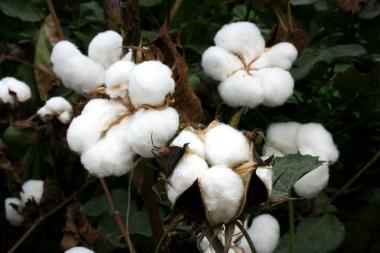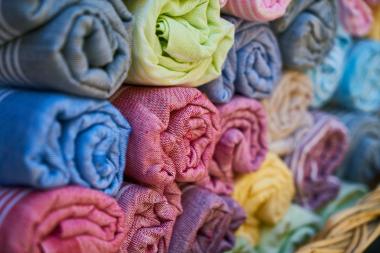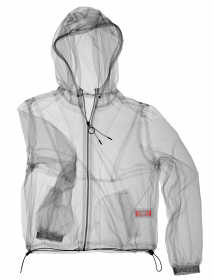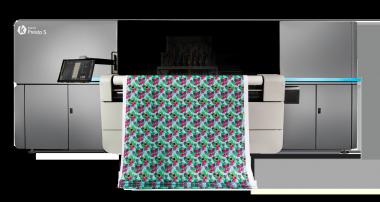Fashion 4 Development and C.L.A.S.S. Eco Hub launch "The ReClothe’s Platform"
Fashion 4 Development and C.L.A.S.S. Eco Hub are pleased to announce the launch of their digital platform called “The Reclothe’s Platform”. The digital platform, which is a joint venture between the two companies, is expected to add significant value to all the stakeholders in the fashion and lifestyle industry. The core objective of the Reclothe’s Platform is to be a one-stop source of information and guide for professionals and students in the fashion and lifestyle industry.
The ReClothe platform will feature current innovators highlighting the practices & solutions for textile and manufacturers, pushing the industry towards a greener and more sustainable standard. The platform will lead members into scalable and more responsible manufacturing processes, driving responsible innovation practices across all aspects of the supply chain, measured and proved.
The joint venture was created in 2021 by Fashion 4 Development and C.L.A.S.S. Eco Hub to support the United Nations Office of Partnerships for the Sustainable Development Goals. Both Fashion 4 Development and C.L.A.S.S. Eco Hub are recognized for their experiences working from broad perspectives to advance the sustainability transformation
Fashion 4 Development C.L.A.S.S. Eco Hub ReClothe digital platform online platform Sustainability supply chain Sustainable Development Goals
Fashion 4 Development / C.L.A.S.S / GB Network


































